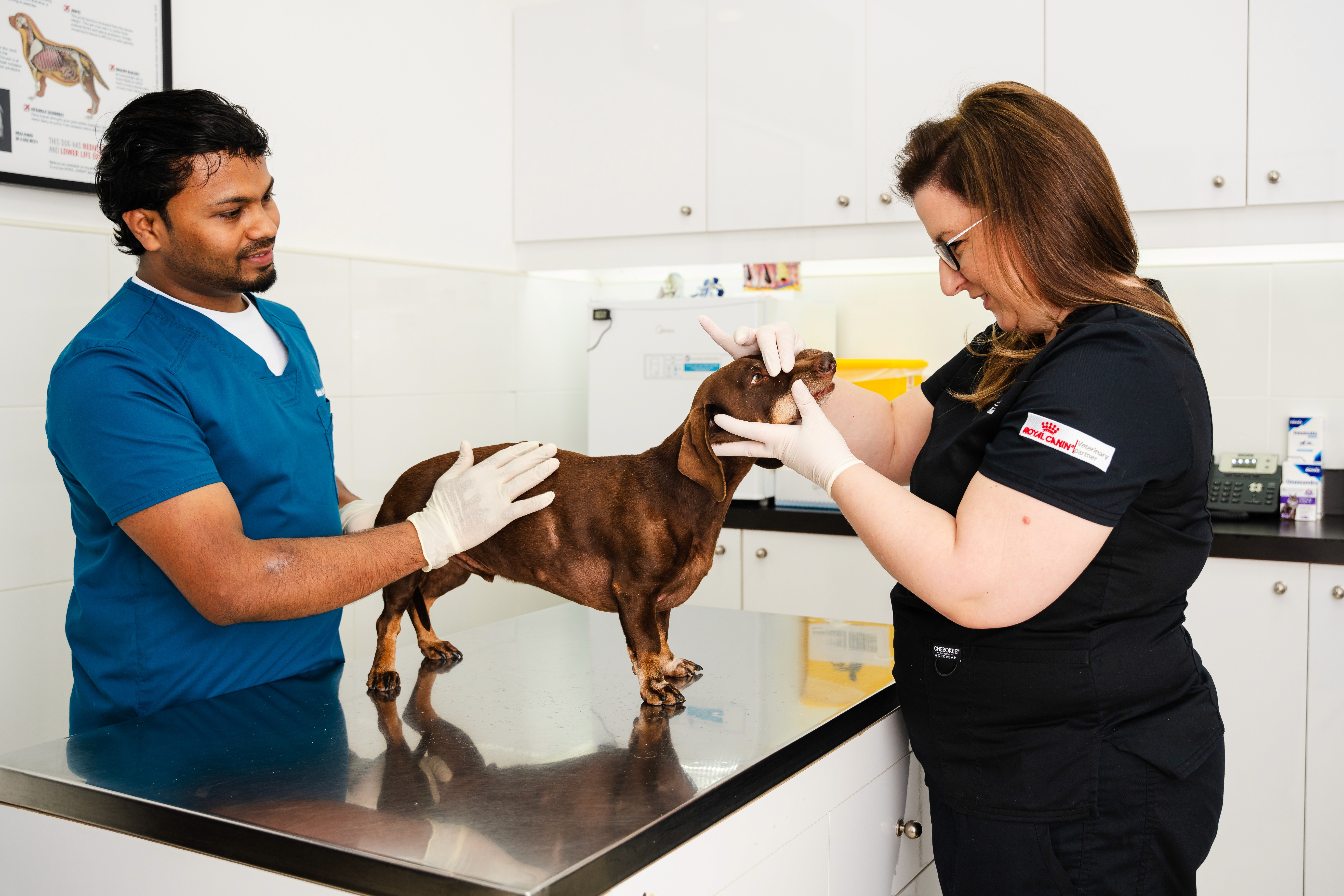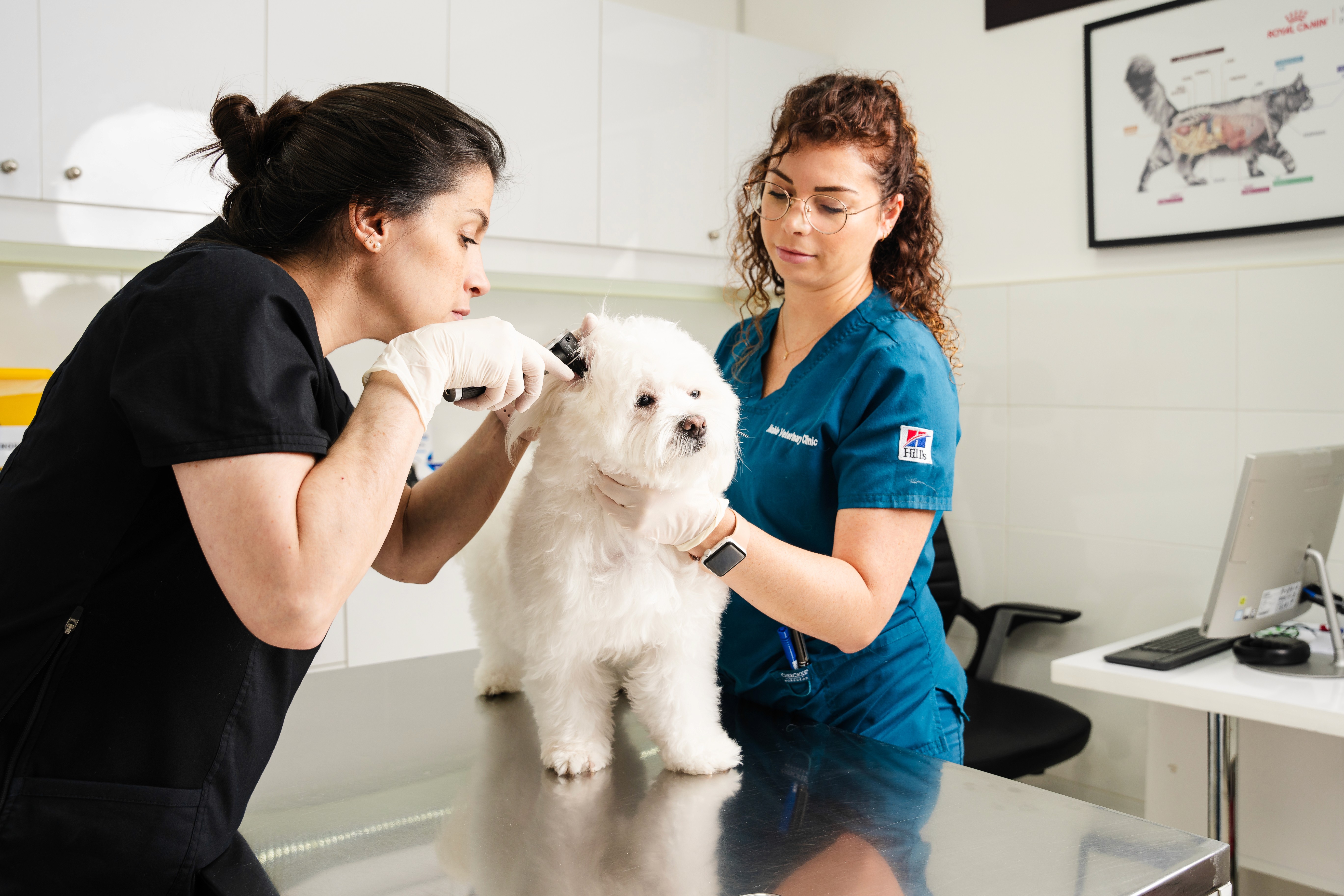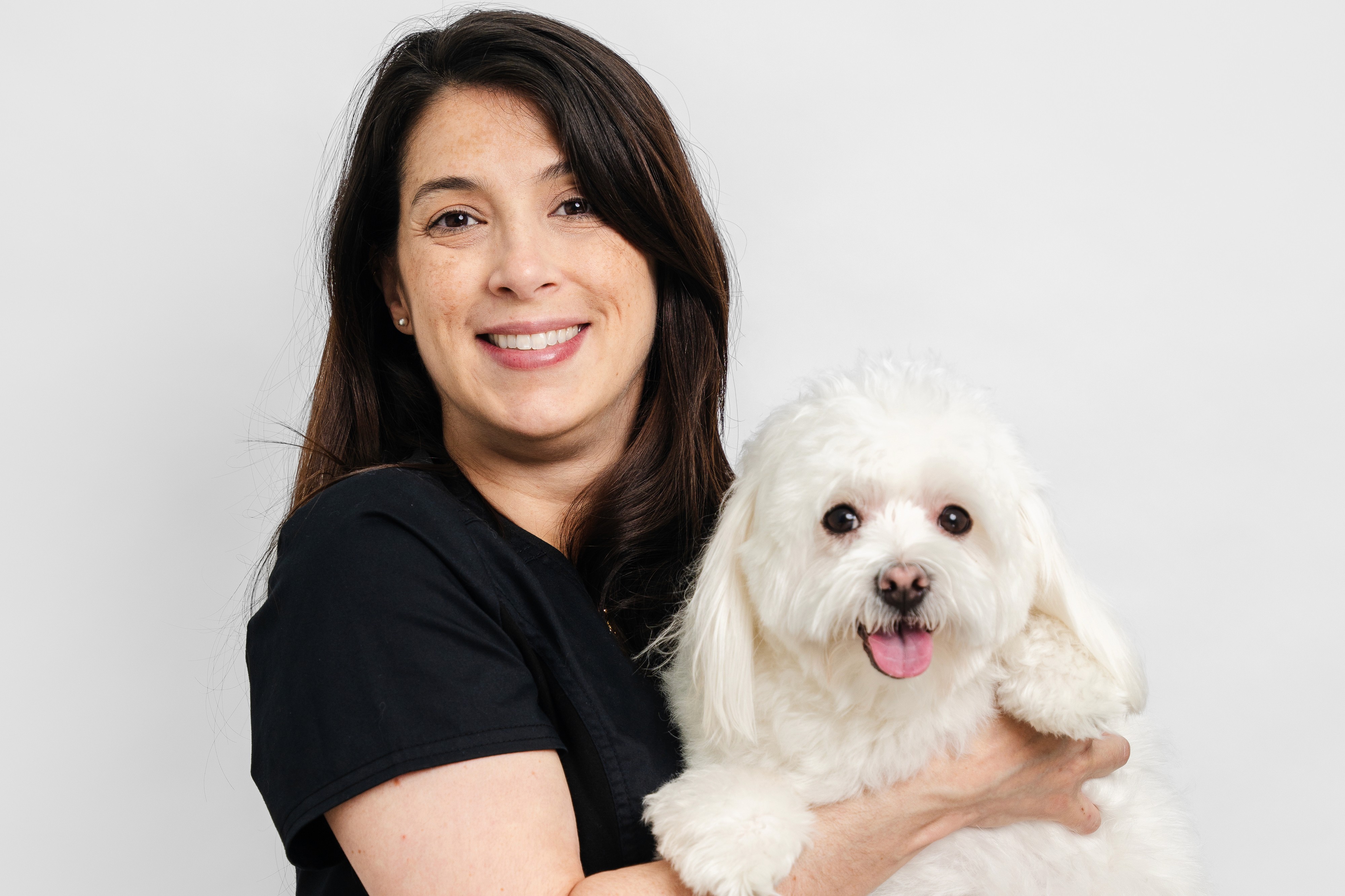26/01/2024
As loving pet owners, we sometimes wonder about how long dogs live. A dog’s life is something we often take for granted, sometimes forgetting that our time with them has an end. It’s easy to think our best friends are never going to leave us until we see signs that they will. This is why it’s important to understand a dog life and how long they live so we can make the most out of their time with us.
How Long Do Dogs Live
Dogs can live up to 10 to 13 years, which is the average among all dogs of different breeds. But with healthy growth and expert care, dogs can live several more years. Lots of factors present in your dog’s life can affect their lifespan. It’s important to understand what these are in order to make sure they are living the best life they could possibly live.
What Affects a Dog’s Lifespan

How long dogs live usually depends on several factors. These factors vary from the moment they are born to the kind of home they live in. These can be genetics, breed, diet, exercise, and living conditions, and all have a say on whether or not dogs live longer. Here are the factors affecting a dog’s lifespan:
Breed
The most common denominator in a dog’s life is its breed. Generally, smaller breeds tend to live longer lives than bigger dogs. Larger breeds are more susceptible to certain diseases, such as cancer, arthritis, and mobility issues.
Another thing worth mentioning is larger dogs tend to have their growth rate faster than smaller dogs, and this also translates to faster cell growth, which is why larger dogs tend to succumb to cancers more than smaller dogs. Here is an overview of the differences in lifespan in dog breeds:
Small Dogs
Smaller dog breeds, such as Yorkies, Maltese, Pomeranian, and Chihuahuas, tend to live longer lives than their large counterparts. Because of their small sizes and bodies, their joints receive less strain. Their lifespans range from about 14 to 16 years.
Medium Dogs
Medium dogs have a lifespan that correlates with being in the middle. At an average, they live for about 10 to 12 years. The most they can live to is 14 years, which is the Cocker Spaniel. Other medium dog breeds include the Bulldog, Boxer, and Golden Retrievers.
Large Dogs
Larger dog breeds are considered to have shorter lifespans compared to smaller dogs. Rottweilers and Bernese Mountain Dogs are examples of large dogs with short lives. Their lifespans range from 9 to 12 years.
Giant Dogs
Last but not least, giant dogs. These dogs are the biggest dog breeds you’ll ever find, and they have the shortest lifespans of all dog breeds. They only reach about 8 to 10 years of age, and these are the famous Great Dane, Irish Wolfhound, Saint Bernard, and Newfoundland. These dogs have massive bodies but do not have such massive lifespans.
Genetics
When it comes to their lifespan, mixed-breeds tend to live longer than purebred dogs mainly because of how they are genetically. Genetics are a significant factor in determining your dog’s lifespan. Some dogs have genes that allow them to surpass the average dog lifespan, while some can have body structures that limit how long they live. Understanding each dog’s genetics is a key factor in determining how long dogs live.
Diet and Nutrition
A dog’s diet can greatly affect how long it lives. A healthy diet and nutritious food always translate to a better chance to acquire longer lives. This is because good food can always help your dog’s body develop properly in a way that prevents any avoidable diseases from happening. A good diet increases the protection they can have whenever they go around the great outdoors looking for some adventure.
Exercise
Regular exercise is an important practice to maintain your dog’s health. Exercise supports cardiovascular health, mental health, and overall weight management. Additionally, mental stimulation through play, training, and interactive toys keeps your dog’s mind sharp and reduces the risk of behavioural issues.
The type of exercise can be based on what kind of breed your dog is but in general, any kind of exercise can be a good start. Walks around the park, roads, or maybe even the house is a good way to kickstart a great exercise routine.
Mental Health
Just like humans, dogs experience stress and anxiety. Chronic stress and anxiety are detrimental to your dog’s physical health. Boredom can lead to unhappiness in dogs, which ultimately helps them develop negative behaviours. Depression is a serious topic when it comes to dog’s health, as any mental issues can create complications in their physical bodies due to a reluctance to eat, play, or even move.
Living Conditions
Your dog’s living conditions, such as having a comfortable home, are big factors in how long dogs live. By providing a safe place for your dog to rest and roam, they can avoid any potential risks that threaten your dog’s safety and health. From the little things, such as bacteria, to bigger things, such as speeding cars, your dogs can live a longer and happier life being comfortable in a safe space.
How to Help Your Dogs Live Longer

Your dog’s life is influenced by how you take care of it. There are multiple ways to help your dog grow strong and healthy. Here are ways you can do to help your dogs live longer:
1. Keep Your Dog Healthy
The most obvious way to make your dog live longer is by making sure it gets everything it needs to stay healthy. This starts by providing the essential nutrients your dog needs, such as the right food, treats, and dietary needs.
Dogs require a good balance of essential nutrients such as proteins and carbohydrates to grow and develop into strong adults. Food and supplements help fulfil your dog’s nutritional needs, and a good combination of both can be an excellent way to keep your dog’s health in check.
2. Play with Your Dog
Having a great time outdoors with your best friend is always one of the things you will remember. A great game of catch will always spark up your dog’s engine, which makes for great exercise. Regular exercise is important for dogs because it helps them grow their muscles and gives them a more positive outlook on life.
As dog owners, we can clearly see their excitement every time we start to hold a ball in their eyes. A playful activity like a game of fetch can easily help your dog move those muscles and burn those fats.
3. Visit the Vet Regularly
A visit to the vet is one of the most helpful things you can do for your dogs. Routine check-ups are crucial for monitoring your dog’s health in time to detect any potential conditions that may threaten its life. At Noble Vet Clinic, our vets make sure you know everything there is to know about your dog. We’ll help you get expert veterinary care so your dogs live long lives.
4. Vaccinate Your Dog
Vaccinations are important for your dog to live a good and healthy life. Your dog needs vaccinations to help reduce the risk of contracting life-threatening diseases, reduce the spread of infections, ensure early immunity in puppies, and minimise the complications from common illnesses.
We’ll administer the right vaccines, and you’ll get to know everything there is to know about each dose before we go through the procedure.
5. Provide a Comfortable Environment
Creating a safe and loving environment right at home will make a huge difference in your dog’s outlook in life. Dogs experience stress, which can hinder them from enjoying and experiencing a good life. Start by setting up a good bed for your dog to sleep on. Provide a mixture of good meals and yummy treats. Lastly, provide enough attention to keep your dog mentally happy and healthy.
6. Spay and Neuter Your Dogs
Spaying and neutering your dogs removes their ability to give birth to their offspring, but it also provides many benefits that can improve a dog’s life. Neutered dogs live longer mainly because the risk of certain diseases in their reproductive organs is eliminated from not having any left. Life-threatening diseases such as pyometra, testicular cancer, and ovarian cancer will be completely avoided once your dog gets neutered.
In addition to this, the stress that comes with being in heat will be gone, creating a more comfortable life for your pet. Behavioural changes associated with their heat cycles will not be present to trouble them anymore.
Conclusion
A dog’s life can go by in an instant. Ensuring your dog’s well-being is a commitment that pays off in the form of years of companionship and joy. Whether you have a small or large dog, understanding their specific needs and providing expert care can help tremendously in increasing their longevity. Our dogs need our love and care to help them live longer lives, so let’s start there!
Subscribe to Our
Newsletter
Sign up for weekly pet health tips and insights from our veterinarians.
